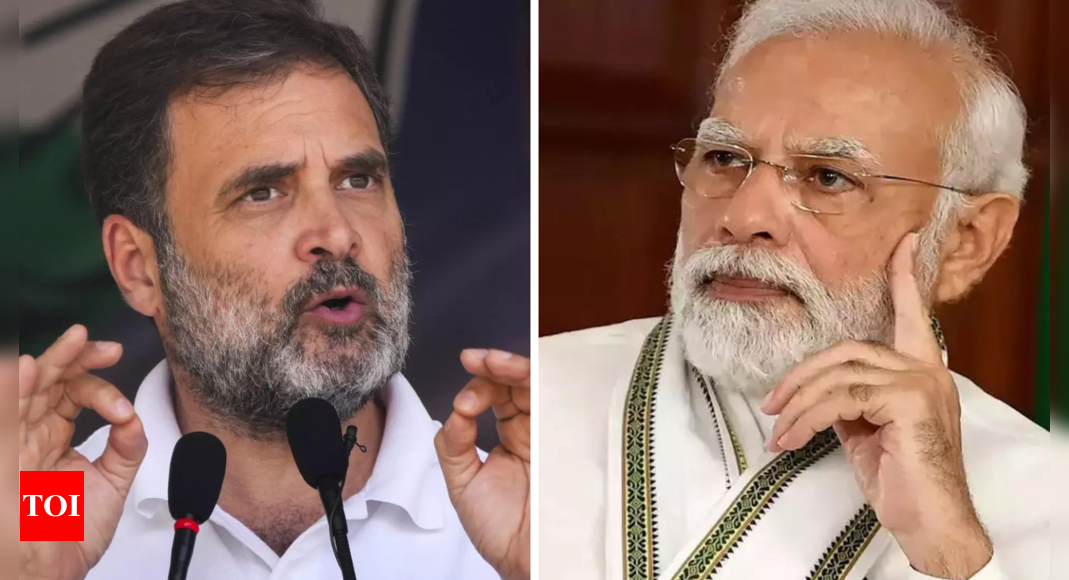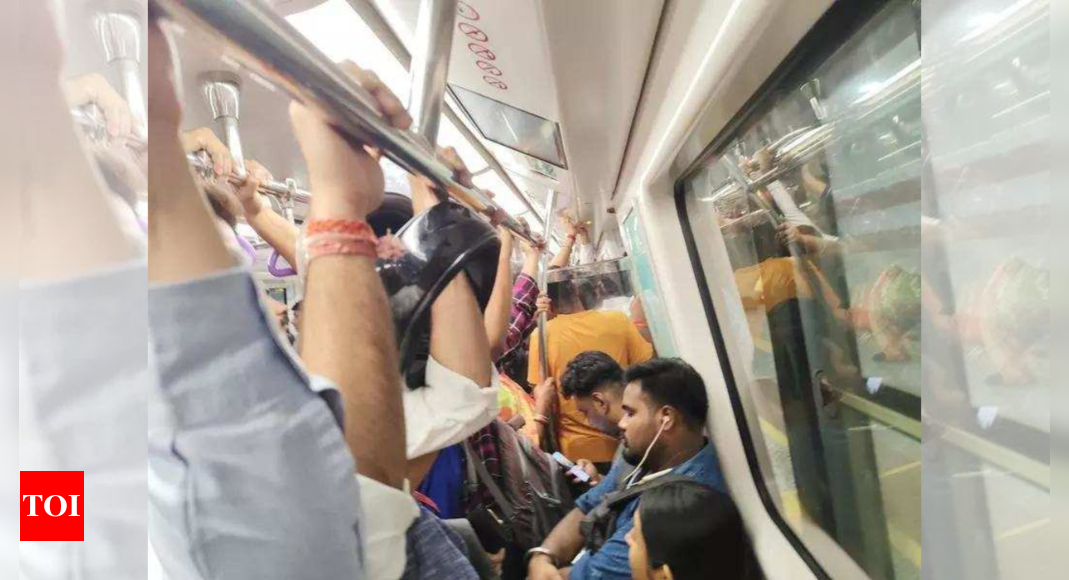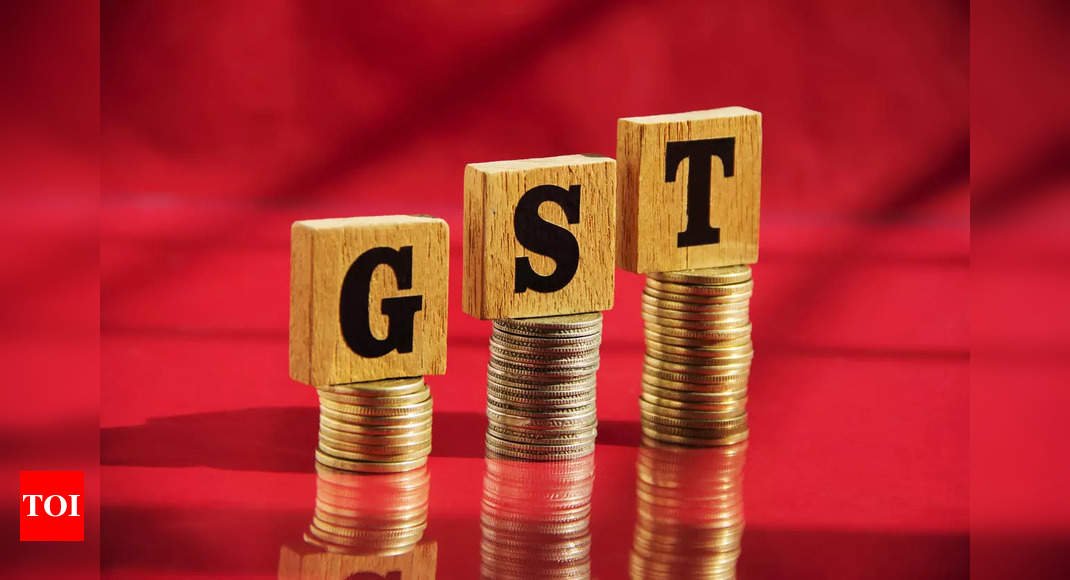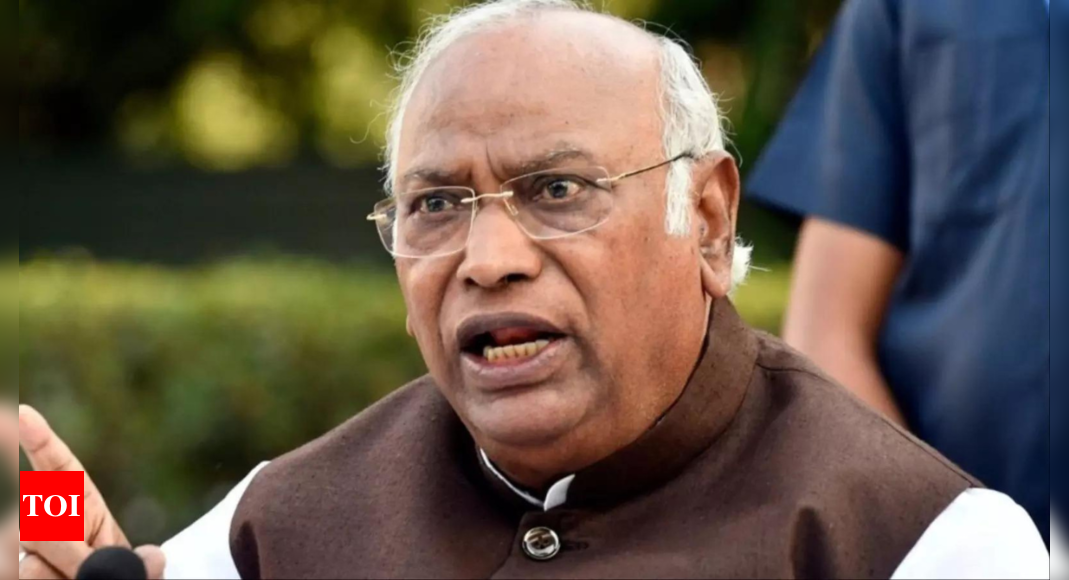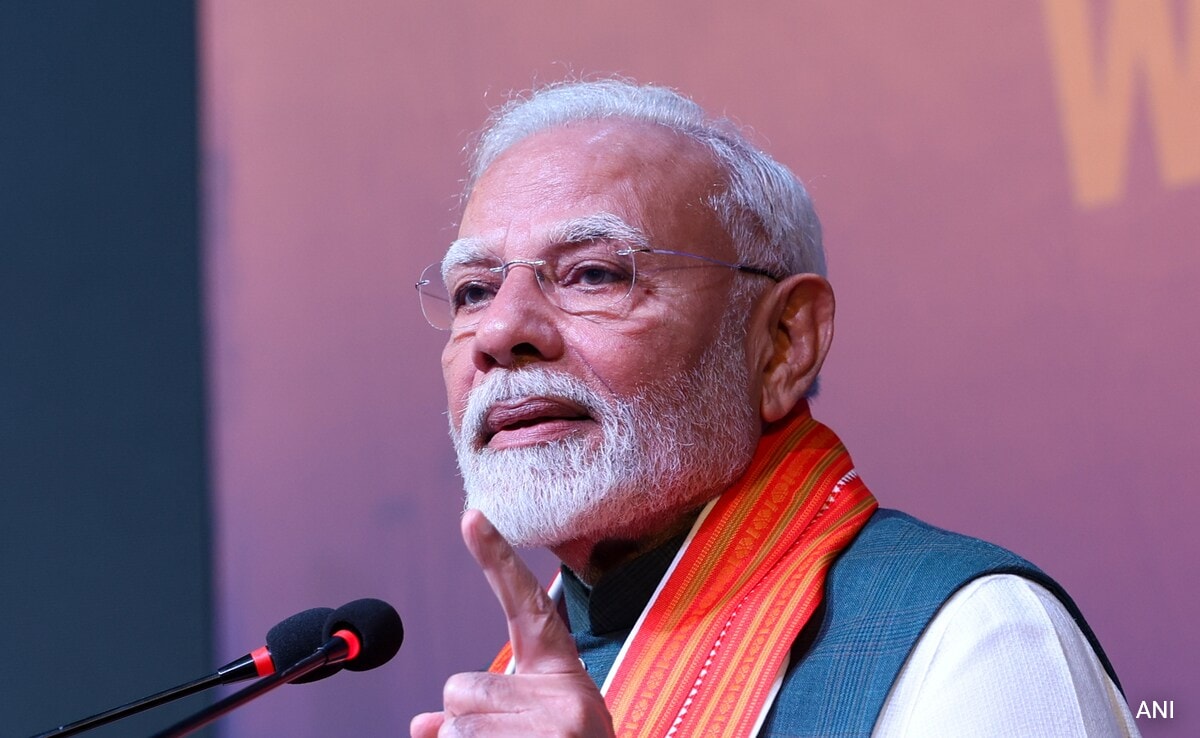

File photo
New Delhi:
Prime Minister Narendra Modi called for the success of the maiden maritime event – Sagarmanthan, The Ocean’s Dialogue – to build consensus for partnerships of a prosperous future for humanity.
The two-day event began in Delhi today, bringing together global maritime leaders, policymakers, industry experts and scholars.
In his message, PM Modi said, “Our vision for a free, open and secure maritime network – be it the Indian Ocean or the Indo Pacific region – is finding resonance across the world. The ‘Indo Pacific Oceans Initiative’ envisions marine resources as a key pillar for growth for nations. This dialogue on oceans further strengthens the rules-based world order and enhances peace, trust and friendship between nations.”
“As we strive to realise the vision of a Viksit Bharat by 2047, dialogues such as Sagarmanthan are invaluable to build consensus, partnerships and most importantly, a prosperous future. With the collective efforts of all stakeholders, I am confident that these discussions will resonate far and wide, paving the way toward a brighter, more connected future,” he added.
I extend my heartfelt gratitude to Hon’ble PM Shri @narendramodi ji for his encouraging words and support to Sagarmanthan – The Great Oceans Dialogue. Modi Ji’s vision has been the guide towards India rise and reclamation of our maritime heritage, as we look to become a leading… pic.twitter.com/uNBXLzDxq8
— Sarbananda Sonowal (@sarbanandsonwal) November 19, 2024
He highlighted India’s rich maritime legacy and steps to build the sector.
“India’s maritime tradition goes back several millennia and is among the richest in the world. The thriving port cities of Lothal and Dholavira, the fleets of the Chola dynasty, and the exploits of Chhatrapati Shivaji Maharaj are great inspirations. Oceans are a shared heritage for nations and societies, as well as the lifeline for international trade,” PM Modi said.
‘Sagarmanthan’ Maritime Event
The ‘Sagarmanthan’ event is organised by the Ministry of Ports, Shipping & Waterways (MoPSW) and the Observer Research Foundation, and aims to encourage dialogue on sustainable development and the future of the maritime sector.
The summit began with Union Minister of Ports, Shipping & Waterways, Sarbananda Sonowal, addressing the gathering of over 1,700 participants from 61 countries.
The inaugural session also saw speeches from key figures including Christos Stylianides, Greece’s Minister of Maritime Affairs and Insular Policy, Dr Amzath Ahmed, Maldives’ Minister of State for Fisheries and Ocean Resources, Maria Lorena Villaverde, National Representative for Rio Negro, Argentina, and Samir Saran, President of the Observer Research Foundation.
Mr Sonowal outlined India’s Maritime Vision 2047, which aims to position the country as a leader in maritime trade.
“India’s Maritime Vision 2047 is a roadmap to transform the maritime sector by fostering sustainability, enhancing connectivity, and leveraging technology,” Mr Sonowal said.
He highlighted initiatives such as Sagarmala and the Maritime Amrit Kaal Vision. He also discussed projects, including the Vizhinjam International Seaport in Kerala, the mega ports at Wadhwan in Maharashtra and Galathea Bay in Nicobar.
Highlights from a wonderful and fruitful Day 1 of Sagarmanthan – The Great Oceans Dialogue. #Sagarmanthan2024#OceansDialoguepic.twitter.com/8GMdBAEIgc
— Sarbananda Sonowal (@sarbanandsonwal) November 19, 2024
The forum provides a platform to discuss maritime connectivity, decarbonisation and sustainable shipping practices. India’s maritime strategy, involving an investment of Rs 80 lakh crore, aims to expand port capacity, improve shipping efficiency and enhance inland waterways. The country’s efforts to reduce carbon emissions in the sector are highlighted through the Harit Sagar Guidelines and the National Green Hydrogen Mission.
Christos Stylianides, Greece’s Minister for Maritime Affairs, stressed the importance of creating a stable regulatory framework. “For us policymakers, it is crucial to ensure a stable regulatory framework and a global level playing field for the industry. What we need now is collaboration and the ‘Sagarmanthan: The Great Oceans Dialogue’ is a great example in this direction,” he said. He highlighted the need for policies that serve the three pillars of sustainability — environmental, social and economic.
Shantanu Thakur, India’s Minister of State for Ports, Shipping & Waterways, called for a focus on both ecological preservation and innovation in energy. “India’s economic growth is guided by the principle of Vasudhaiva Kutumbakam — ‘The World is One Family.’ Our ports and shipping corridors are not just about commerce but about connectivity, collaboration, and care for coastal communities and the environment,” Thakur said.
Sanjeev Sanyal, Member of the Prime Minister’s Economic Advisory Council, provided further insight into the future of India’s maritime ambitions. “The seas and oceans, gifts of nature, are abundant with resources, energy, and potential. It is our responsibility to harness them wisely, combining knowledge and skill to achieve sustainable growth,” Sanyal said.
On the sidelines of Sagarmanthan, Mr Sonowal held bilateral discussions with Stylianides. The two ministers focused on strengthening maritime ties between India and Greece, with an aim to increase trade and collaboration.


